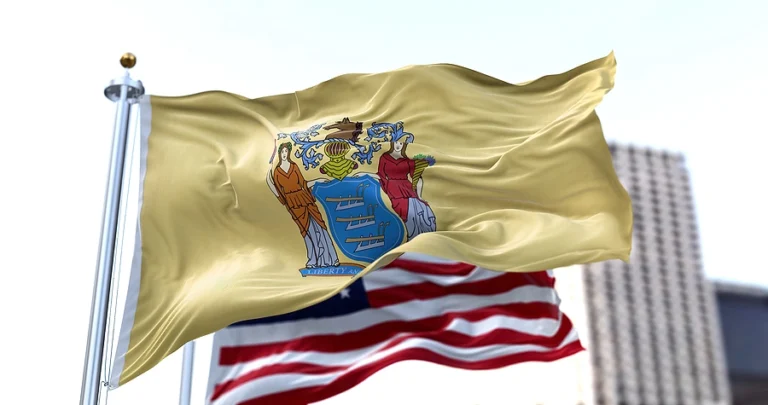Was Your VA Disability Claim Denied?
We have helped veterans in New Jersey and throughout the nation appeal their denied VA disability claims. If you have received a negative decision from the VA – we can help! Our team will review your case for free to determine your best course of action.
Veterans Disability Claims in New Jersey
There are three main criteria involved when determining if a veteran in New Jersey is able to receive disability benefits from the VA. A veteran will need to prove that they meet each of these criteria in order to file their disability claim with the VA.
New Jersey veterans can submit their claims for VA benefits via mail, in person at a VA Regional Office, or online.
Key Requirements for New Jersey VA Disability Claims
When filing a claim with the VA, it is important to be very thorough and avoid vague information. This only makes it more difficult for the VA to confirm your eligibility. Instead, provide a detailed account supported by medical evidence.
1. Definition of Veteran
The VA has specific requirements when it comes to meeting their definition of veteran for purposes of disability compensation. These requirements are a minimum service period depending on when the veteran served and a discharge type other than Dishonorable.
Certain “Other than Honorable” discharges may serve as a bar to benefits as well, depending on the circumstances. Additionally, the service-connected disability must be linkable to active duty service.
There are other provisions for veterans of a Reserve branch or veterans of the National Guard who develop disabilities while on active duty for training or inactive duty training.
2. Existence of Current Disability
List the full names, body parts, and symptoms for each disability you’re seeking entitlement for. This is crucial for the VA to be able to confirm you meet their criteria.
Medical evidence of your disability can include a blood panel, X-ray, stress test, or other evaluation by a healthcare provider. Records of a procedure, medication, surgery, physical therapy, or other type of treatment can also substantiate the existence of your disability.
The VA will likely also use a Compensation and Pension exam to verify your service-related condition. If your disability is not severe enough, meaning it meets or exceeds the VA’s 10% rating standards, then the VA may deny your benefits claim.
3. Disability is Service-Related
You must be able to connect your disability to your service. There are two ways New Jersey veterans can link medical conditions to their military service.
They can either claim an in-service experience or circumstances caused them to develop or sustain the disability, or that their military service made a pre-existing health condition worse.
Providing the VA with complete medical records, documentation from your doctor, and a medical nexus letter in support of your claim will help them connect the dots on the cause of your disability to secure VA benefits.

Veterans Disability Denials in New Jersey
If the VA believes you have not adequately met any of their three criteria, you will be issued a denial. A denial can be issued for any of a variety of reasons.
One of the most common is the veteran’s failure to provide a medical diagnosis of their disability, or if the VA does not believe that the disability is service-related. The VA will provide a denial letter that will outline their reason or reasons.
This will be crucial information when building a strategy to overcome the denial. After the VA has denied your claim, a New Jersey veteran disability appeals lawyer is authorized to represent you as you contest the decision.
New Jersey Veterans Disability Appeals
A denial is not the end of the road – there are several options available to veterans in New Jersey after they receive a denial from the VA. All veterans who receive a denial have the right to pursue an appeal.
Depending on whether your case is considered a Legacy Appeal, or if it falls under the rules of the Appeals Modernization Act, you will need to either file a Notice of Disagreement (NOD) or file a form to choose an appeal option.
These options include a Higher Level Review, Supplemental Claim, and a Direct Appeal to the Board of Veterans’ Appeals.
Taking a New Jersey VA Disability Claim to the BVA
A Direct Appeal to the Board of Veterans’ Appeals is by far the most intensive of the available options. There are several options a veteran can pursue when it comes to their appeal.
For example, New Jersey veterans can ask for a formal hearing or submit additional evidence for the Board to consider. These formal hearings allow veterans to present their case before the judge who will then make the decision in their case.
An experienced New Jersey veterans disability attorney will be able to assist throughout the entire appeals process – even as far as representing the veteran at any Board meetings to help ensure a favorable outcome.

















